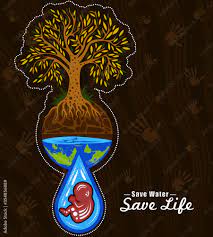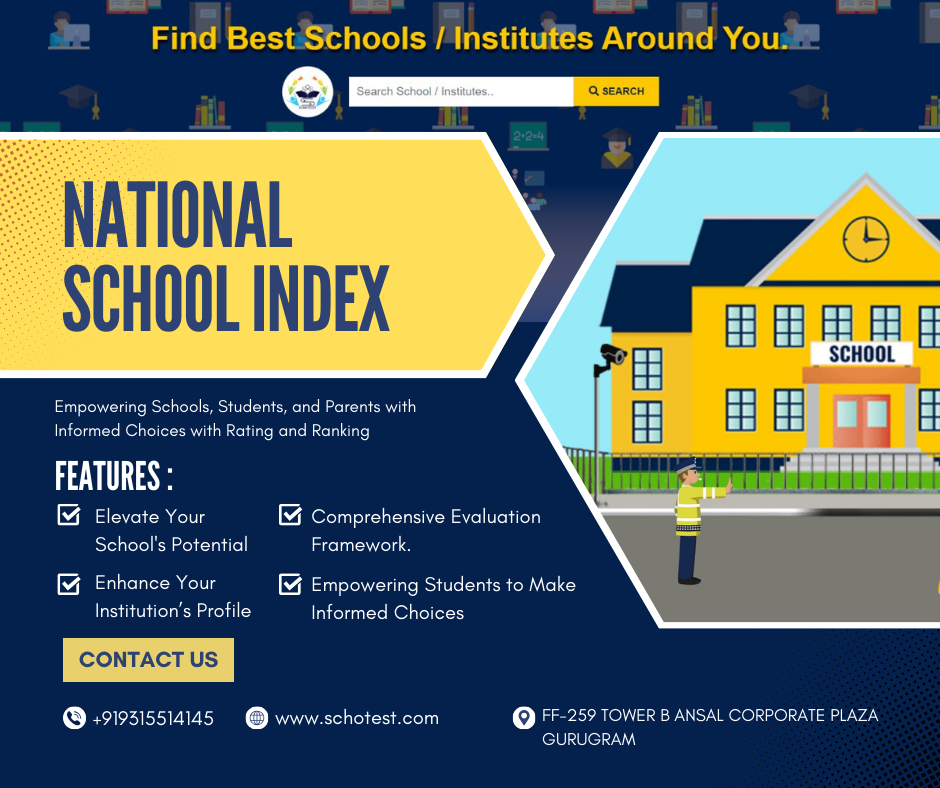
WATER SUPPLY
Water is inextricably linked to energy and climate change. Energy is required for pumping and treating water that we get at home. Pumping and treating wastewater is energy intensive. Conservation of water indirectly conserves therefore, conserve energy and reduce greenhouse gas emissions.
Climate change will also impact freshwater supply. Global warming is resulting in shifting rainfall patterns, an increase in the number of dry days, torrential rainfall over short periods of time, and extreme weather events, all of which increase the likelihood of droughts and floods. It, in turn, will affect food supplies and human health. Water is expected to be a major source of conflict in future because demand is soaring and freshwater reserves are severely stressed. Plummeting groundwater resources in many regions and inefficient use of water is a matter of serious concern.
TIPS- Take shorter showers to reduce water consumption.
- Check your water bill to see how much water you are using. • Check all faucets, pipes, and toilets for leaks.
- Use mug instead of running the tap while brushing teeth or shaving.
- Use a toilet flush which consumes less water.
- Water your plants early in the morning or late in the evening to reduce water loss due to evaporation.
- While watering plants, use watering-can instead of a running hose.
- For watering plants, use waste water that comes off washing of food items.
- Use water efficient sprinkler and drip irrigation for your garden.
- Promote drip irrigation and other water conservation methods in agriculture. Practice rainwater harvesting. RWAs should adopt this in every public park of their locality.
- Make sure you have a faucet aerator on each faucet. These inexpensive appliances conserve water, keeping water pressure high.
- Make roof top rain water harvesting and recharging wells/ tanks mandatory.
- Utilize kitchen waste water for home gardening.
- Take advantage of Pradhan Mantri Krishi Sinchayi Yojana (PMKSY), Integrated Water Management Programme (IWMP) and Mahatma Gandhi National Rural Employment Guarantee Scheme (MGNREGS) for the conservation of water and agriculture development.
- Establish community nursery by using waste water and distribute saplings in the neighbourhood.
- Wash utensils using collected water in a bucket instead of washing directly under the running tap.
- Instead of washing mop the floor
- Select village level volunteers to check whether all the public taps and pipes are leak free.
- Promote Eco-san toilets : a closed water - less system
- Skip rinsing dishes before using your dishwasher and save water in each load.
- Don't allow water overflow from the overhead tank.
- Don’t wash the clothes and kitchen utensils in the water bodies.
- Don’t throw waste in water bodies.
- Run your dishwasher, washing machine, and dryer only when you have full loads.
- Dry clothes in sunlight



